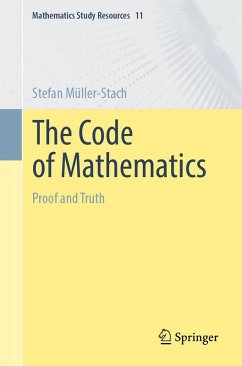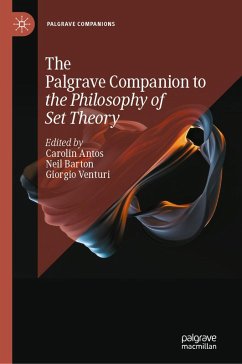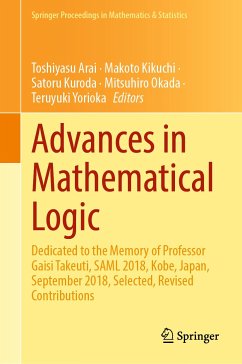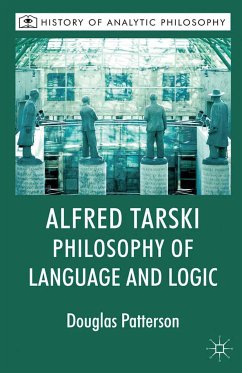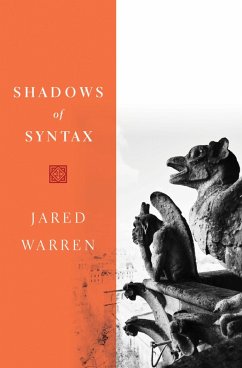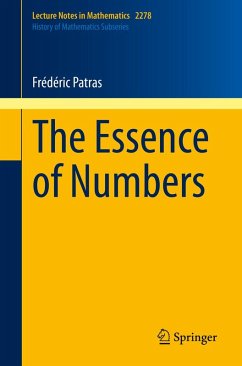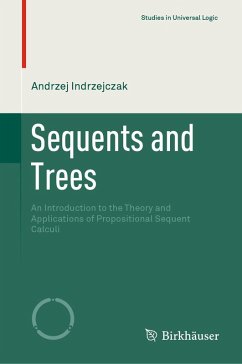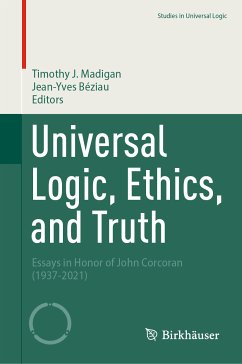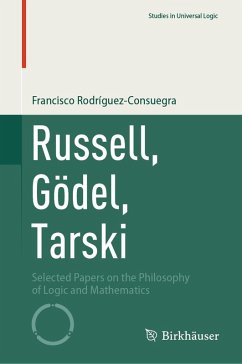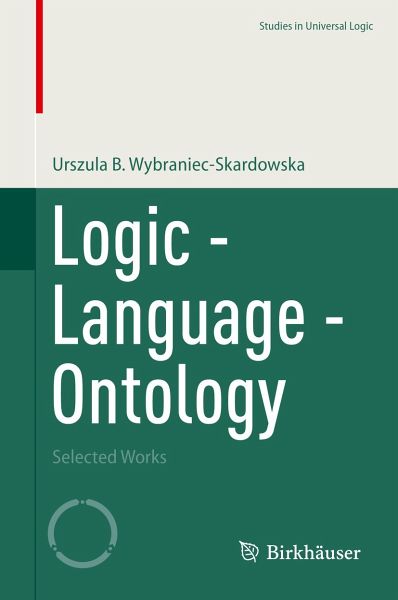
Logic - Language - Ontology (eBook, PDF)
Selected Works
Versandkostenfrei!
Sofort per Download lieferbar
104,95 €
inkl. MwSt.
Weitere Ausgaben:

PAYBACK Punkte
52 °P sammeln!
How should we think about the meaning of the words that make up our language? How does reference of these terms work, and what is their referent when these are connected to abstract objects rather than to concrete ones? Can logic help to address these questions? This collection of papers aims to unify the questions of syntax and semantics of language, which span across the fields of logic, philosophy and ontology of language. The leading motif of the presented selection is the differentiation between linguistic tokens (material, concrete objects) on the one hand and linguistic types (ideal, ab...
How should we think about the meaning of the words that make up our language? How does reference of these terms work, and what is their referent when these are connected to abstract objects rather than to concrete ones? Can logic help to address these questions? This collection of papers aims to unify the questions of syntax and semantics of language, which span across the fields of logic, philosophy and ontology of language. The leading motif of the presented selection is the differentiation between linguistic tokens (material, concrete objects) on the one hand and linguistic types (ideal, abstract objects) on the other. Through a promenade among articles that span over all of the Author's career, this book addresses the complex philosophical question of the ontology of language by following the crystalline conceptual tools offered by logic. At the core of Wybraniec-Skardowska's scholarship is the idea that language is an ontological being, characterized in compliance with the logical conception of language proposed by Ajdukiewicz. The application throughout the book of tools of classical logic and set theory results fosters the emergence of a general formal logical theory of syntax, semantics and of the pragmatics of language, which takes into account the duality token-type in the understanding of linguistic expressions. Via a functional approach to language itself, logic appears as ontologically neutral with respect to existential assumptions relating to the nature of linguistic expressions and their extra-linguistic counterparts.
The book is addressed to readers both at the graduate and undergraduate level, but also to a more general audience interested in getting a firmer grip on the interplay between reality and the language we use to describe and understand it.
The book is addressed to readers both at the graduate and undergraduate level, but also to a more general audience interested in getting a firmer grip on the interplay between reality and the language we use to describe and understand it.
Dieser Download kann aus rechtlichen Gründen nur mit Rechnungsadresse in A, B, BG, CY, CZ, D, DK, EW, E, FIN, F, GR, HR, H, IRL, I, LT, L, LR, M, NL, PL, P, R, S, SLO, SK ausgeliefert werden.



